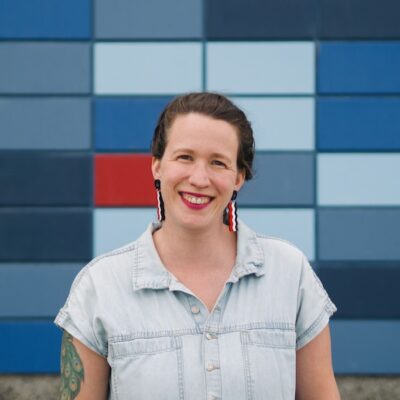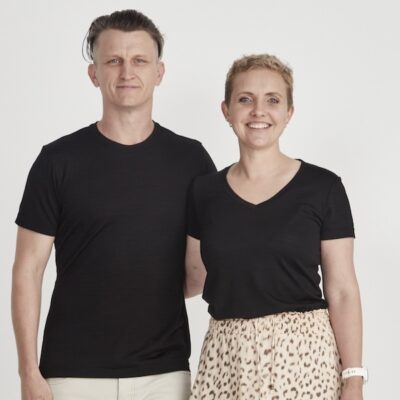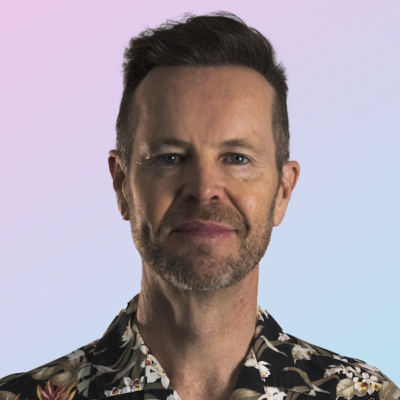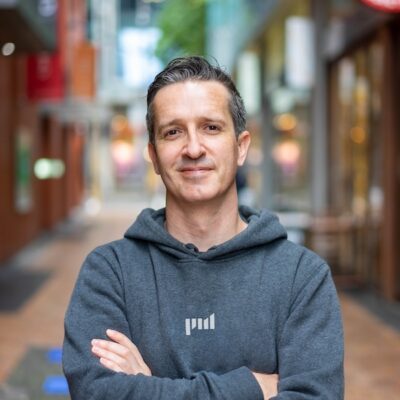Teaching the students well
Chris Duggan is successfully harnessing the business community to help deliver high-quality science teaching resources to New Zealand primary schools.
Chris Duggan is successfully harnessing the business community to help deliver high-quality science teaching resources to New Zealand primary schools. But she’s only just getting started.
When Chris Duggan was a secondary school teacher a decade ago, she was aware that science was not being taught in New Zealand primary schools.
“Students would therefore arrive at secondary school with little or no knowledge, and often with a negative mindset towards science,” she recalls. “Many students thought science was only for ‘brainy’ kids, or it was just wasted knowledge.”
Chris (pictured) did her research thoroughly and discovered that this was a systemic problem in New Zealand, and getting worse. She decided to start up a community science resource kit library, marketed by her charitable trust House of Science (HoS) to local businesses, who ‘adopt a kit’ for local primary schools.
The kits have proved to be a huge success, and today HoS services more than 500 primary schools in 16 regions.
“We provide teachers with the resources and the confidence to tackle a subject that many find daunting. The way the programme is delivered ensures all barriers to teaching science are removed,” Chris explains. “Kits are shared between all schools in a region, distributed and maintained by teams of volunteers. This unique approach means schools have access to a huge range of quality resources that cover the whole science curriculum.”
The original goal was to have all Western Bay of Plenty primary schools resourced. This was achieved in just two years.
News travelled fast and soon other regions wanted access to the same high-quality resources.
“It still amazes me how this simple idea has grown, especially as we receive no government funding,” says Chris.
What’s in it for businesses?
Populating the STEM (science, technology, engineering, maths) career pipeline from a young age is crucial if we are to solve some of the big issues facing us and the planet, today and into the future, says Chris. “We receive support from businesses that align with the science kits related to their industry, which raises students’ awareness of the science-related field of that business.”
Businesses reap the benefits because they get brand exposure on the kits and are fulfilled because they are helping the next generation improve their science skills, adds Chris.
“Our team of branch managers provide opportunities for sponsors to connect with local schools, through classroom visits and field trips. This helps build community relationships and brand awareness for the sponsor.”
Komatsu sponsored the development of a ‘Simple Machines’ science kit and is full of praise for the enthusiasm and understanding of the HoS staff. “We were involved, informed, and educated through the kit development process,” says a company spokesperson. “We feel very privileged to provide a learning resource for future generations.”
“By kindling the spark of enquiry in primary school students, through fun and meaningful lessons, we can harness their fascination with science, particularly the STEM subjects, which ultimately can provide such rewarding careers and are so critical to our nation’s sustainable future.”
The Riddet Institute sponsored the bilingual and culturally appropriate ‘Food for Thought’ kit, describing it as an irresistible first step for tamariki (children) on their journey from primary to tertiary education, and onwards to the employment of their choice.
The Institute also had this to say: “we know that by kindling the spark of enquiry in primary school students, through fun and meaningful lessons, we can harness their fascination with science, particularly the STEM subjects, which ultimately can provide such rewarding careers and are so critical to our nation’s sustainable future.”
More ‘bang for buck’
Chris acknowledges the important work carried out by charities in New Zealand. HoS is one of many that relies on savvy business owners to back them.
“Many people assume the government pays for things like science equipment in primary schools and are shocked when they realise that’s not the case,” she says. “Businesses can make a huge difference for a small investment. It costs just $2,500 per annum to ‘adopt a kit’. That one kit will reach more than 1,000 students each year. It is incredible ‘bang for buck’ and tax deductible. What’s not to love?”
Teacher feedback has been incredibly satisfying and it keeps her team focussed and motivated, says Chris. “Especially feedback from teachers who have never felt confident to teach science.
“Now, with the help of our kits, they don’t just teach it, they love it.
“Observing students of all ages and with different needs getting involved in science activities is great, they say. It also helps them become more confident in this subject.”
On a mission
Chris says HoS is on a mission to reach every primary school in New Zealand with their science kits.
“There are many schools on the waiting list keen to join. The more kits we can produce the more schools we can bring on board.
“In 2022 we are specifically focusing on our teacher support and professional development programmes. We want to make sure that every teacher in our member schools can get the maximum benefit from each resource kit.
“All of this, of course, costs money and we are always on the look-out for more partners.”
If you or your business is interested in sponsoring a House of Science kit, get in touch with Chris Duggan at [email protected]
Pictured below: Olive Lockett and Levi McDonald with one of the science kits.






